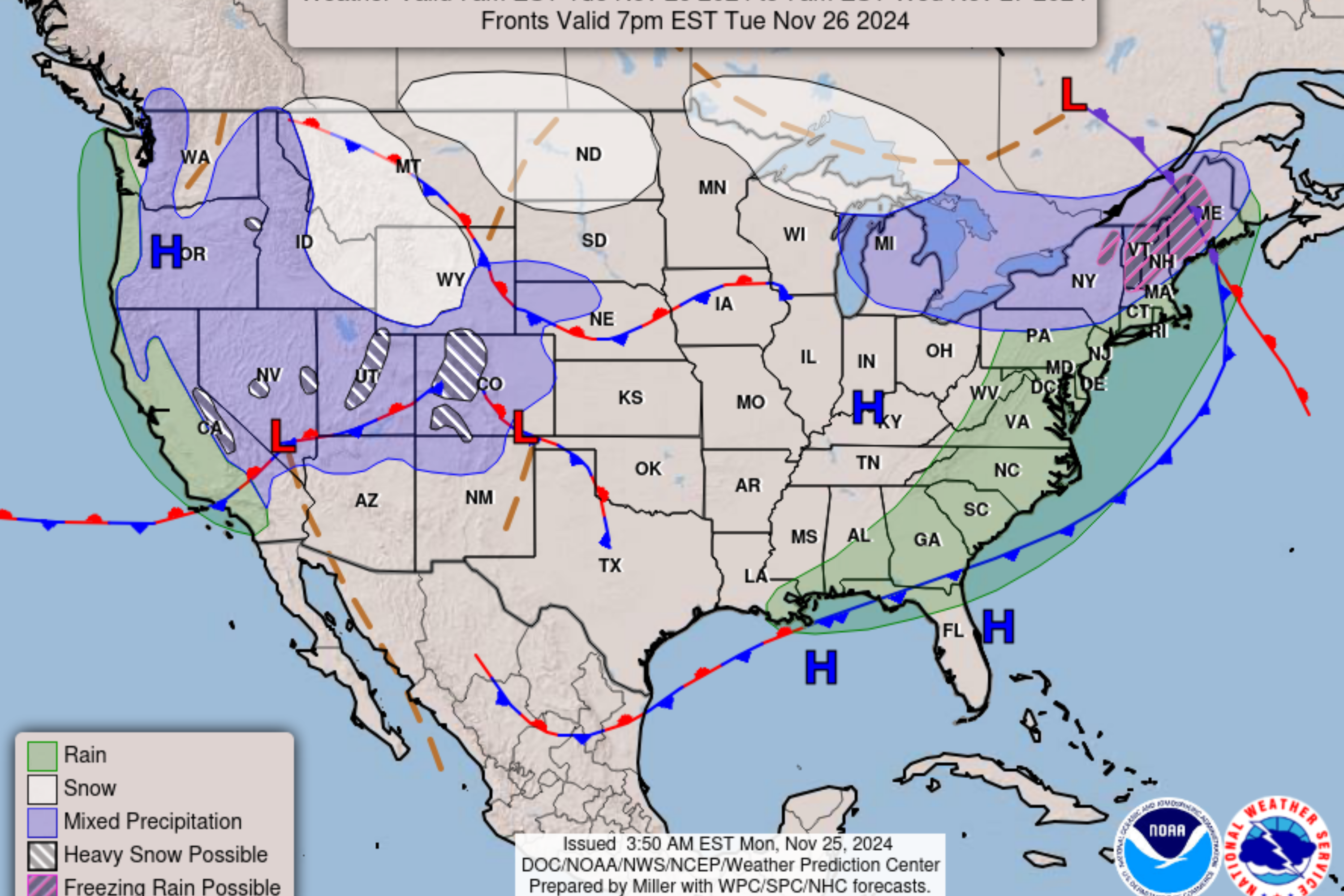The recent start of the Summer Olympics called to mind a night, several years ago, when I had drinks with a local entrepreneur who’d sold his company for a life-changing amount of money and then turned his attention to helping Chattanooga grow.
During the course of the conversation, he told me about how he once got Gary Vaynerchuk to speak at a conference in town, and how, in exchange for this appearance, Gary negotiated the bulk purchase of his latest book.
“So now I have about 4,000 copies of Gary’s book sitting on pallets in a warehouse,” the entrepreneur concluded, as a kind of punch line.
I hung on that detail because, at the time, I’d never heard of such a blatant instance of gaming the best-seller rankings. Gary must’ve decided it was more valuable to add “best-selling author” to his résumé than it was to have the equivalent amount of money in his bank account, so he hired a ghostwriter to produce a book and then bartered with acquaintances to juice its sales. He now freely refers to himself as a “6x NYT Best-Selling Author.”
Whenever I’ve shared this story, some respond with something like, “That’s gross.” And just as many others say, “That’s brilliant!”
Neither of these reactions is definitively right. And I don’t tell the story for the purpose of moralizing. I tell the story to learn what kind of person I’m talking to.
One group are the folks who love to find the “cheat codes” to everything in life, and, as such, consider cheating just part of the game. The other group are those who are either bad at cheating or prefer to harbor more idealistic beliefs about hard work and merit.
More recently, the venture capital firm, a16z, published a book about blockchain, and then, like Gary, gamed its sales. The New York Times was quick to note the book’s inclusion on its best-seller list with a dagger symbol, mentioning that a significant number of copies were sold in bulk.
It should come as no surprise that a16z is heavily invested in blockchain, and that the book reads like a 320-page pitch for blockchain, depicting it as a noble innovation that will unseat the ruthless villains who currently run the internet. (Never mind the fact that a16z made a lot of money backing those same villains a decade ago.)
While the tactic Gary and the VCs used was the same, my reaction this time around was different because, as evidenced by the number of Forbes cover subjects now serving prison sentences, we’ve come to understand how many tech success stories involve hyping oneself as a “game-changer” while actually just breaking the law.
The Summer Games prompted all this because, earlier in the year, a few billionaires — oh, those billionaires — began raising funds for what they’re calling the Enhanced Games, a kind of Olympics-style event that will allow performance-enhancing drugs to “push the perceived limit of what’s possible.”
The rationale of the Enhanced Games’ founder, Aron D’Souza, goes something like this: (1) Everyone’s cheating anyway, so why not just fold the cheating into the competition; and (2) quote, “…some people have won the genetic lottery and we should be encouraging science so that we can overcome that genetic lottery and the other limitations of our society.”
It’s a fascinating argument simply because of how paradoxical it is. Essentially, he’s saying that natural talent corrupts the Olympics and needs to be corrected by reducing the games to a competition over who has the most money to develop the best drugs. Game-changing indeed.
If I were placing bets — and why not, we’re talking about sports, after all — the first Enhanced Games will get a lot of attention. Just as likely, though, it will get boring. Because the heroes will be chemical compounds, and no one wants to see a chemical compound on a box of Wheaties.
Just as likely, D’Souza’s “mission to build a new superhumanity” will spin wildly out of control and hurt people.
Like any sporting event, we’ll just have to wait and see who wins. In the meantime, I’ll pass the question on to you: What kind of game do you want to play?
Ben Cake spent the majority of his career in New York, working for Esquire magazine and a variety of other publications. For several years, he also copyedited books for Penguin Random House. Now he’s a freelance writer and editor, living on Lookout Mountain, Tennessee, with his wife and two sons.











